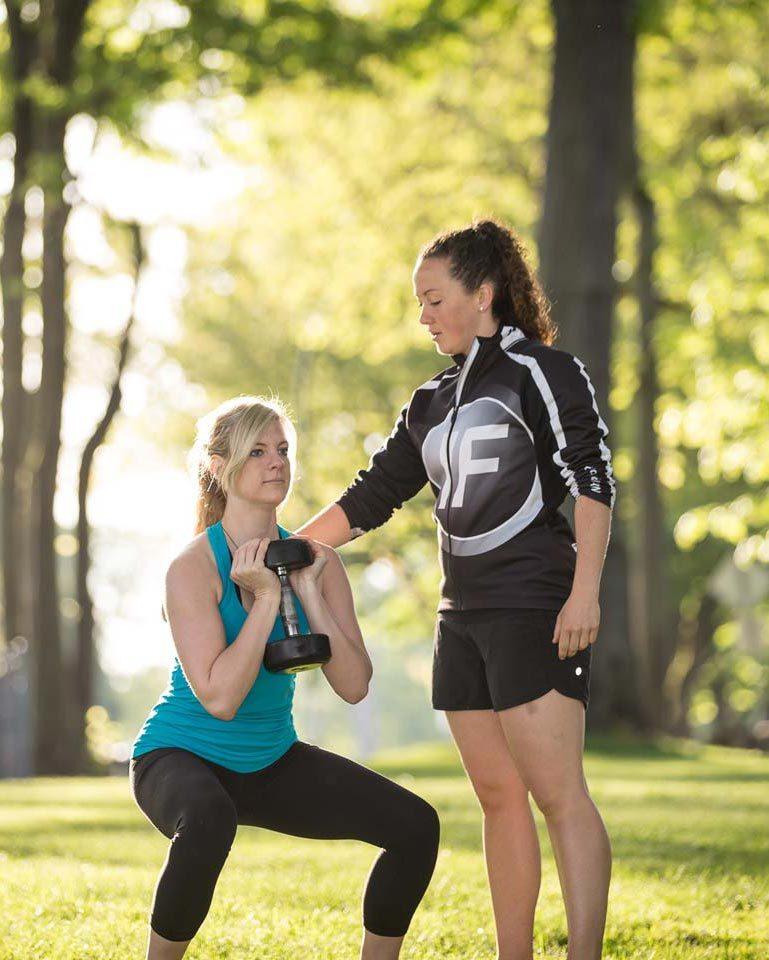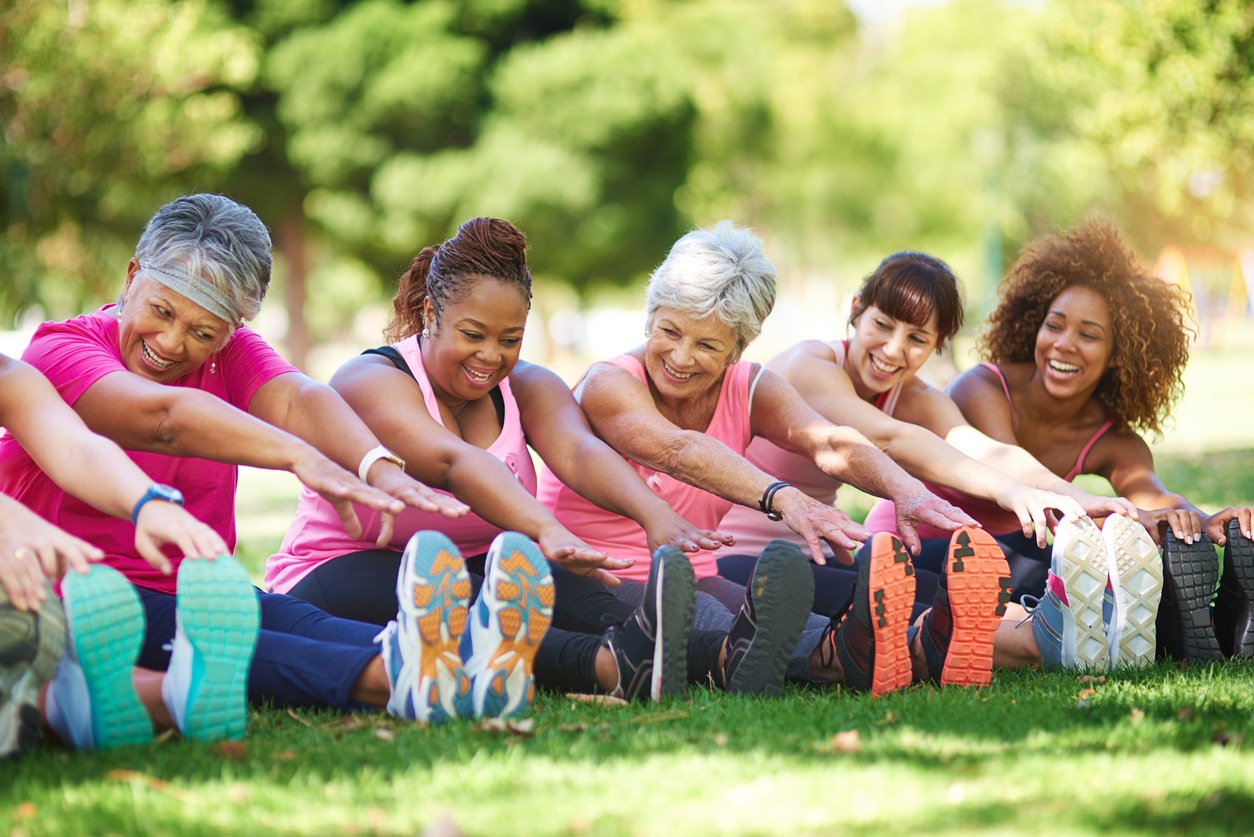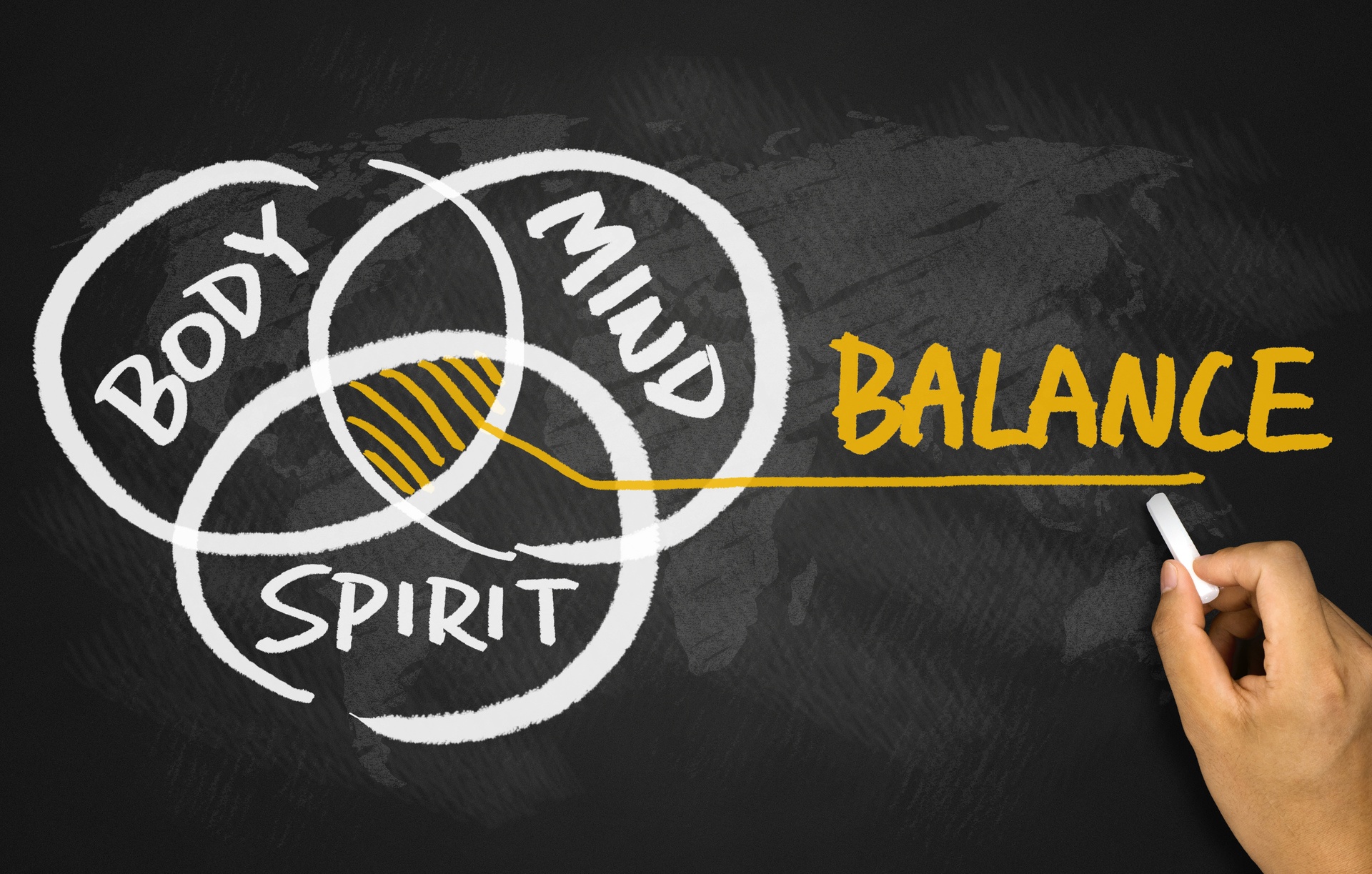In celebration of Mother’s Day we are focusing on the importance of women’s health. To say that women are complex beings is quite an understatement!
We have multitudes of depth: emotionally, mentally and, without a doubt, hormonally as well. We don’t often think about the correlation between our hormones and exercise, but physical activity plays an important role in our lives, especially as we age and our hormone levels change accordingly.
What are hormones and why are they so important to women’s health? In essence, hormones are chemical messengers that communicate with the various systems throughout the body. Hormones are produced in the organs and they are made of cholesterol, amino acids (protein) and components of fat.
An Overview of Female Hormones
Estrogen
Estrogen is a hormone created by Follicle Stimulating Hormones. On a cellular level, they mature in the ovaries during the follicular phase and release more estrogen in the body. Estrogen plays a factor in increasing fat storage at the hips and thighs. This hormone is neuroprotective which means that it helps with cognitive brain function.
Progesterone
During the menstrual cycle, progesterone is more dominant during the second phase, the luteal phase. Progesterone functions to halt storage of fat around the fat around the waist, helps regular the immune response and like, estrogen, this hormone is also neuroprotective.
Human Growth Hormone
Human Growth Hormone, or HGH, is partly responsible for increasing muscle strength and size. In addition, it plays a role in the body’s metabolic functions which includes fat metabolism and body composition. As we age, decreasing levels of HGH leads to reduced muscle mass and strength in older adults. To restore HGH in the body, a great start would be with getting sufficient sleep, protein and intense exercise with weight.
Cortisol
Cortisol is a stress hormone produced when the body is under stress, good or bad. Cortisol is in charge of regulating glucose metabolism and immune system hormones. Under stress, this hormone also makes it harder for our body to lose body fat, because it stores fat to protect the body. Cortisol isn’t necessarily bad, as it helps to repair and strengthen our bodies, but elevated stress levels due to poor diet, lack of sleep and burnout can negatively harm the body long-term. The best way to manage cortisol is to relax, sleep well and eat a balanced, nutritious diet.
Insulin
This hormone is affected by diet as it functions to decrease blood sugar. Typically high levels of insulin cause the pancreas to overwork which can lead to cardiovascular diseases such as diabetes. Insulin and cortisol are closely connected to the other.
Menstrual Cycles

The menstrual cycle was designed for women to prepare their bodies for pregnancy. When there is no pregnancy hormone levels are low, then the pituitary gland in the brain signals the body to create more hormones. Here is where the menstrual cycle begins; to simplify, the cycle can be broken into two phases, the follicular phase (this is the first phase when the ovary matures) and the luteal phase (what the ovarian follicles become after ovulation). The two phases are separated by ovulation, which is the release of an egg from the ovaries.
During the menstrual cycle, estrogen increases the amount of fat burned while progesterone opposes the action of estrogen. However, the effects of estrogen and progesterone on fat burning can be overridden if a stronger hormone such like insulin is unbalanced. In other words, we can’t relish the rewards of fat burning if insulin levels are too high. A focus on low refined sugars from starch-heavy food and an increase in non-starchy vegetables help regulate insulin levels.
How Exercise Affects Women’s Health and Hormones

As we age, the complexity of the changes happening in our bodies is wide and varied. For instance, muscle mass decreases due to the decreased hormonal levels. While there are hormonal supplements to combat the decreasing levels as we age, exercise is often a safer, more sustainable alternative to positively impact the short-term and long-term changes in hormone levels.
It has been found that a combination of resistance/weight training exercise and low, intensive activates (endurance) such as walking and yoga aid to lower the negative impact of cortisol. The amount appropriate for each individual varies on multiple factors, which depend on the individual’s goals, lifestyle and movement limitations. For older adults in general, performing at least 30 minutes of moderate-intensity exercise five days a week or vigorous-intensity aerobic activity for three days a week is most recommended. It is imperative to include muscle-strengthening activities that maintain or increase muscular science and endurance in the major muscles of the body,
For women that are pre- and postpartum, research supports that a moderate level of exercise regularly has minimal risk for the fetus and conversely, metabolic and cardiorespiratory effects. Depending on the trimester or the individual, exercise recommendations may vary. It’s important to note the importance of reducing the intensity, duration and frequency of exercise during the second and third trimesters.
Overall, a mixture of weight training and endurance type training has many benefits. In terms of training with the menstrual cycle, it has been found that longer duration and low intensive exercises (walking, biking, yoga) may be highly beneficial during the first phase of the menstrual cycle (the estrogen dominant follicular phase) as estrogen increases the amount of fat burned during exercise. Higher intense, and shorter training (spring, HIIT, etc), would be more effective during the secondary luteal phase as it is progesterone dominant. Generally speaking, weight training has its benefits throughout and in both phases in order to alleviate stress, building muscle mass with HGH and maintaining bone density in the body.
We are all unique. Our bodies, minds and motivations all differ, too. There is no one golden formula that will work for everyone, but making a contentious effort to understand our unique body is a good place to start. Our relationship with our bodies is just as important as our relationships with our loved ones so keep it simple: start with moderate exercise, a balanced diet and improving the quality of your sleep in order to help keep your hormonal health running smoothly.
Jennifer Kuznetsov
Professional Training Coach
Follow IF on Instagram.






